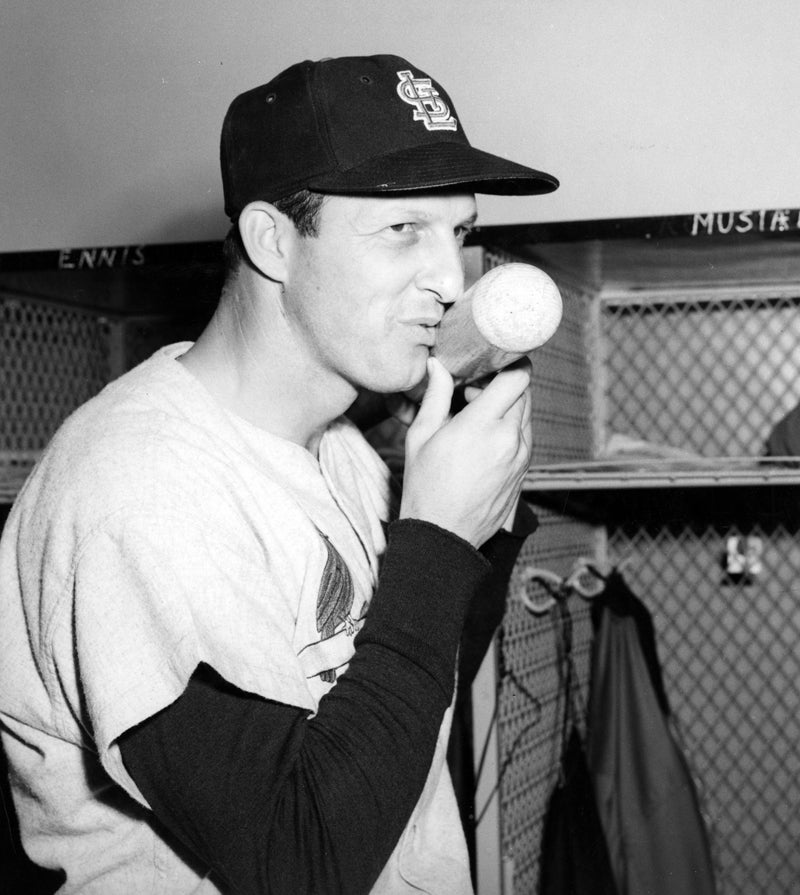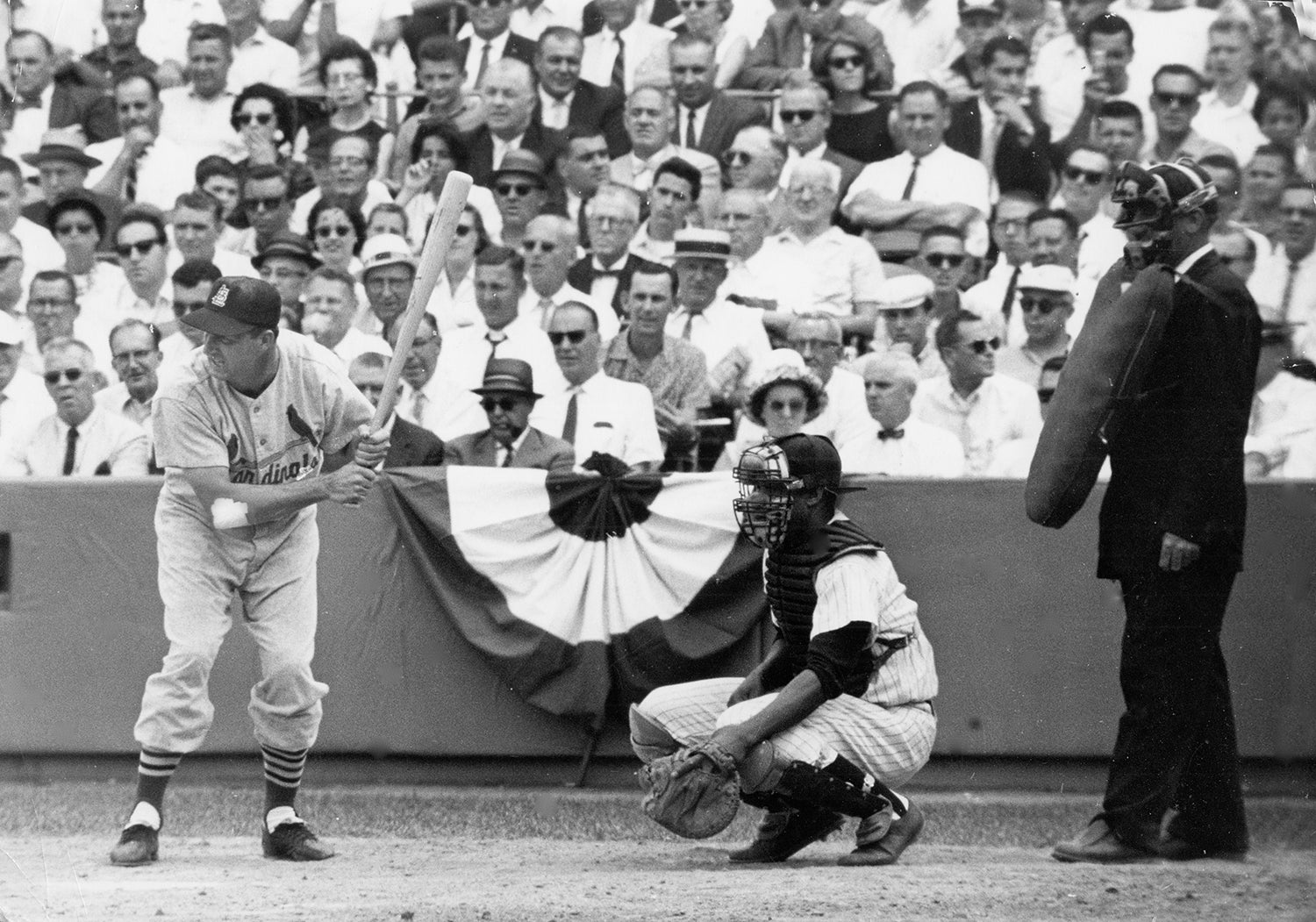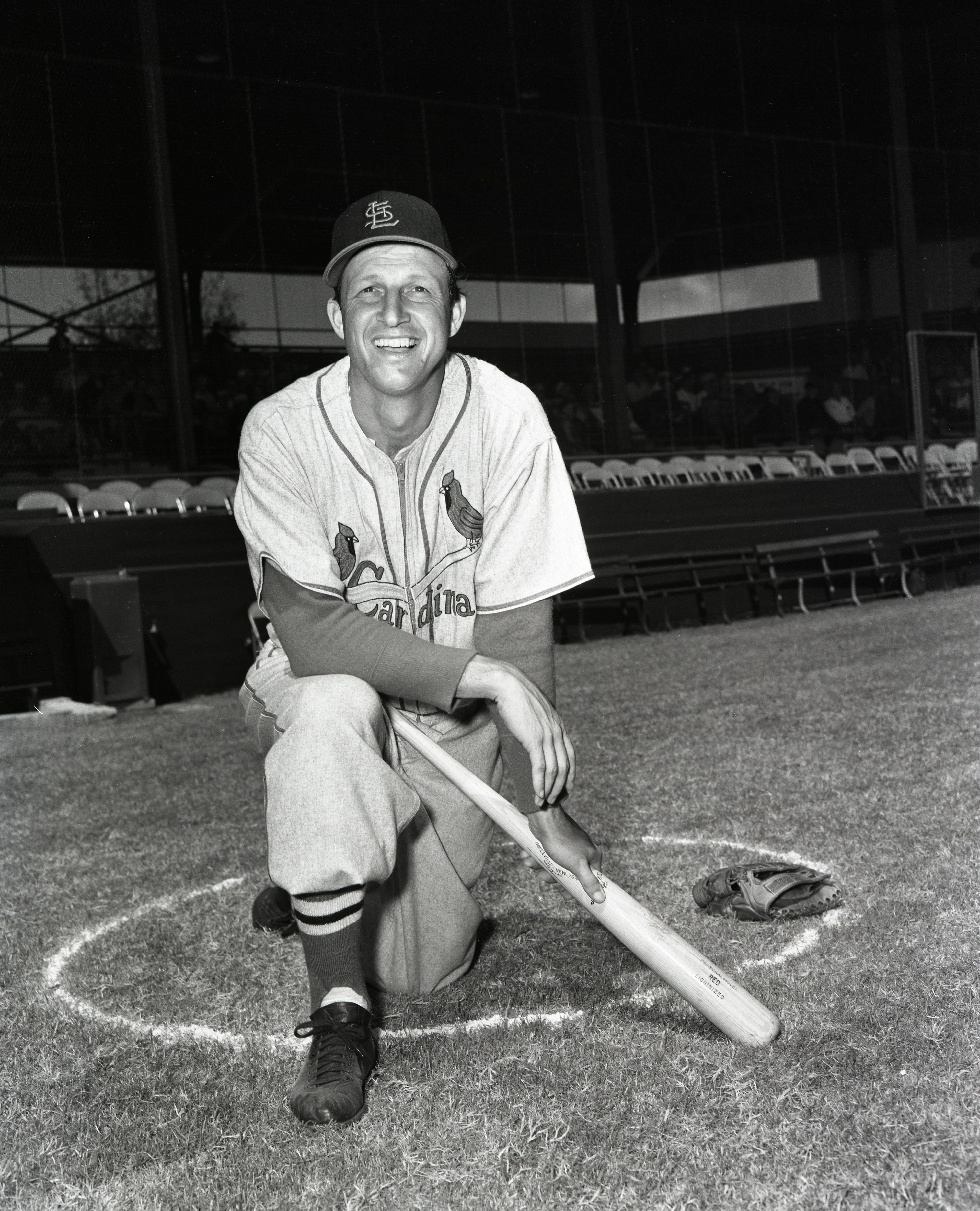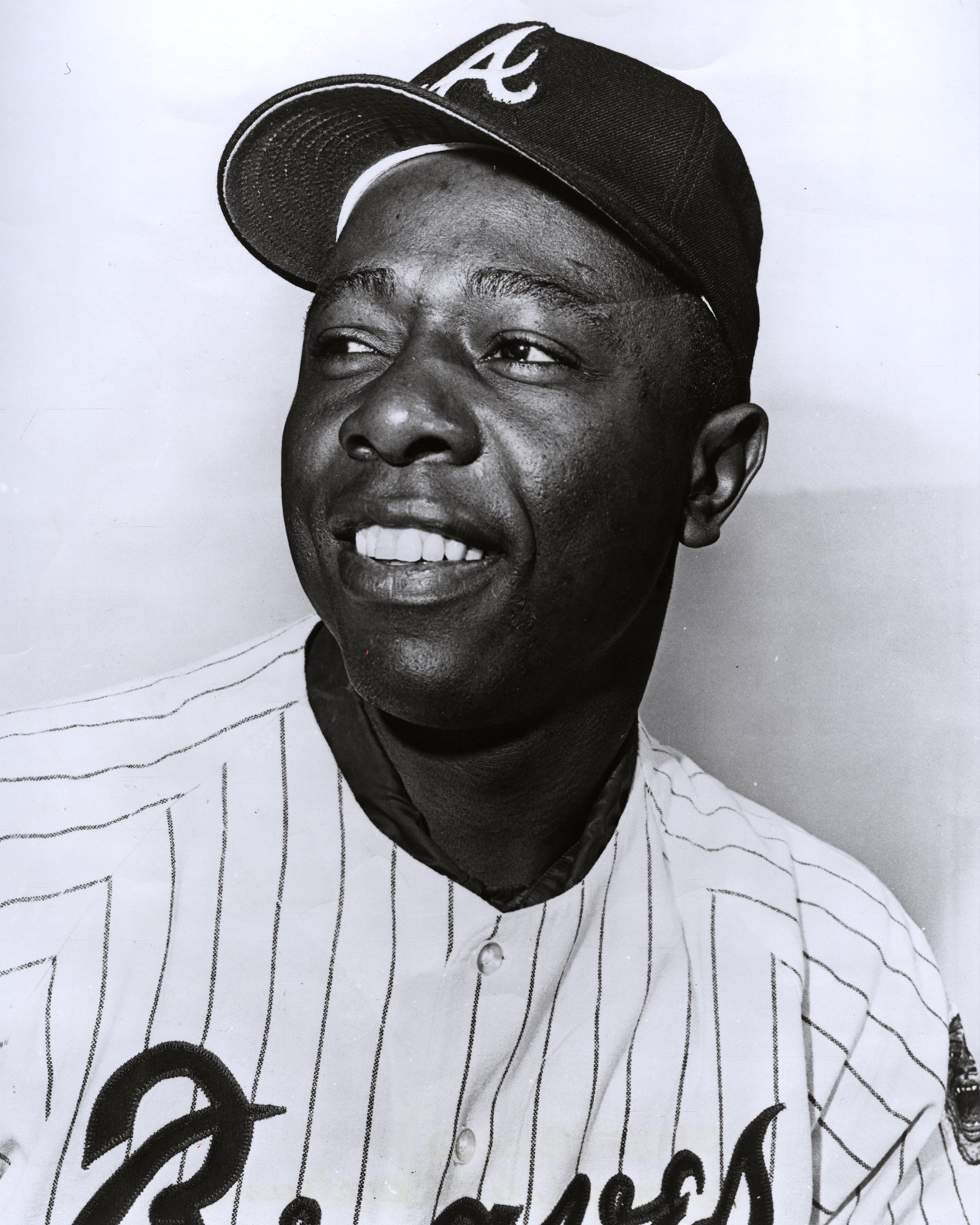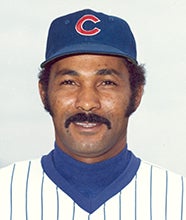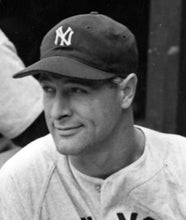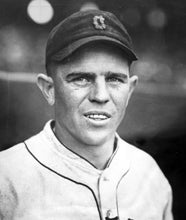- Home
- Our Stories
- Consistency was Musial’s hallmark during legendary career
Consistency was Musial’s hallmark during legendary career
In a game that seems to defy any consistency, Stan Musial was as dependable as a rooster at sunrise.
On June 12, 1957, Musial appeared in his 823rd straight game for the St. Louis Cardinals, a streak that dated back to Opening Day of the 1952 season. It set a National League record, breaking the mark set by Pirates first baseman Gus Suhr from 1931-37.
“If dad’s record has to be broken, I’m kinda glad Musial did it,” Gus Suhr Jr., the son of the former Pittsburgh All-Star, told the Associated Press.
“He’s a great ballplayer and a fine person.”
Musial would go on to appear in 895 straight games before the streak was ended on Aug. 23, 1957, the day after Musial tore a muscle in his left arm while swinging the bat.
At the time, the 36-year-old Musial was leading the NL with a .340 batting average to go along with 29 home runs and 97 RBI in 121 games.
He would miss more than two weeks of games with the injury.
“I’ve been going so good this year,” Musial told the AP.
“I haven’t been injured painfully for a long time.”
Musial finished the season with a .351 batting average to capture his seventh-and-final NL batting title.
After passing Suhr on the list, Musial quickly topped the mark of 829 consecutive games played by Eddie Yost – moving into fourth place on the all-time list behind only Lou Gehrig (2,130 straight games), Everett Scott (1,307) and Joe Sewell (1,103).
Musial, however, said the record-breaking outing was just another game – similar to the first game he ever played except for one difference.
“In this one, I wasn’t nervous,” Musial said.
Musial’s streak now ranks eighth on the all-time list, third among National Leaguers behind Steve Garvey (1,207) and Billy Williams (1,117).
Remarkably, Musial’s streak began at age 31 and included a stretch of five seasons where he averaged 154.8 games per season – during an era when there were only 154 games scheduled per year.
Tie games, however, often necessitated extra contests to be scheduled.
Musial retired following the 1963 season with a .331 batting average, 475 home runs, 1,951 RBI and 1,949 runs scored.
He was elected to the Hall of Fame in 1969.
Craig Muder is the director of communications for the National Baseball Hall of Fame and Museum




